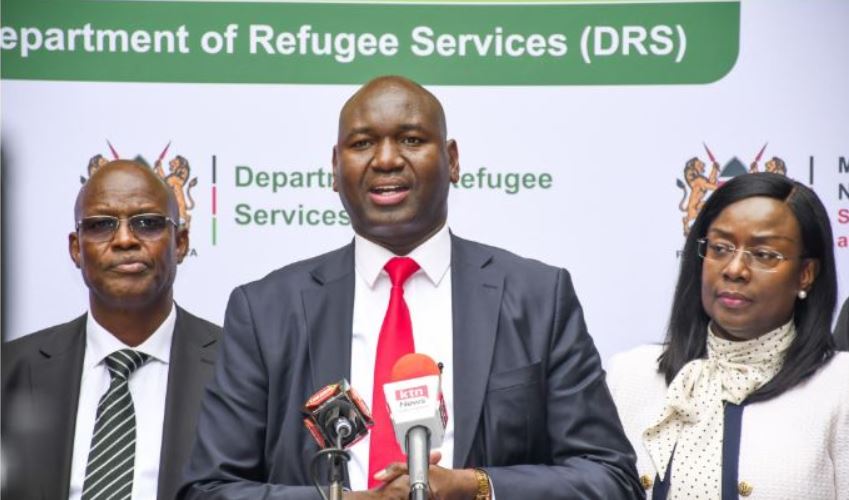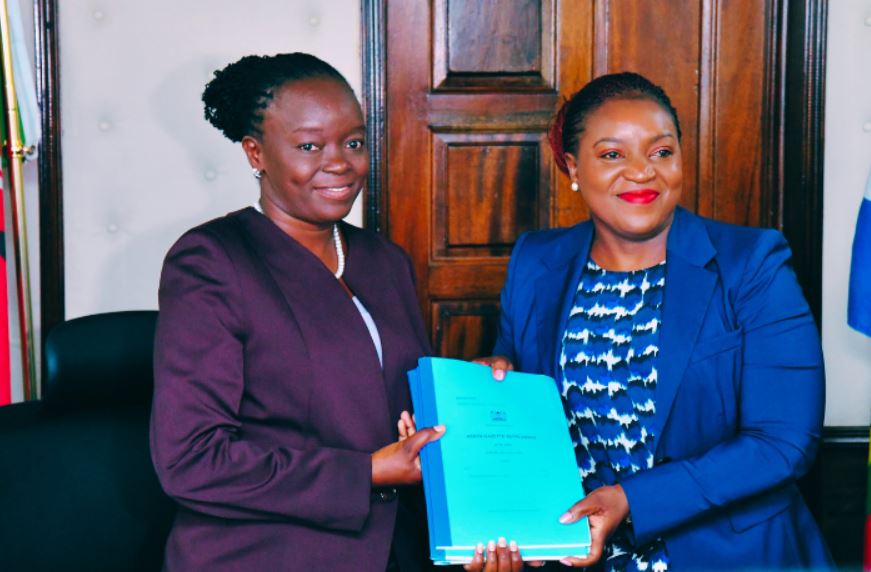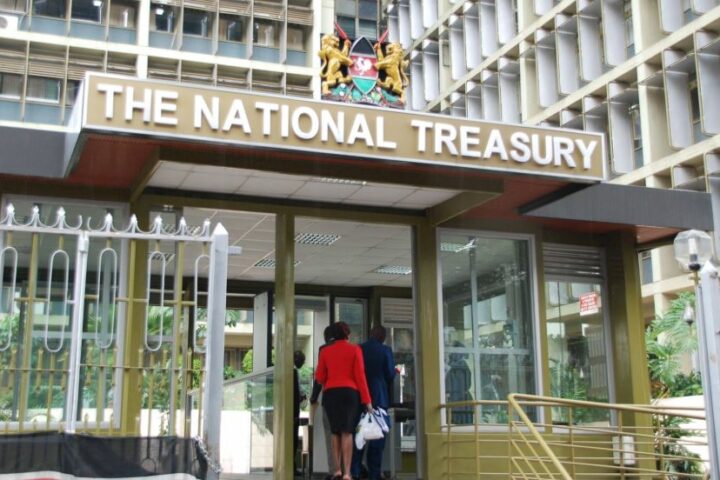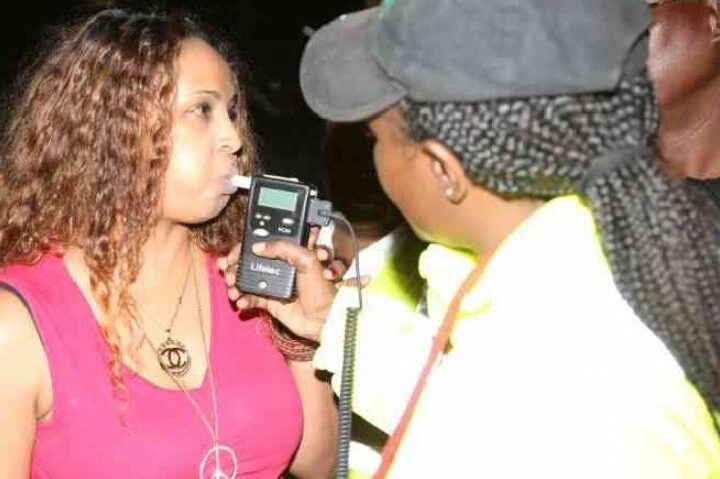 The government clarified that it will not require Kenyans to register for the new Maisha Card, nor will it link the card’s acquisition to the upcoming general elections.
The government clarified that it will not require Kenyans to register for the new Maisha Card, nor will it link the card’s acquisition to the upcoming general elections.
Instead, the government plans to utilize the advanced features of the new ID to encourage Kenyans to transition from their current identification documents to the digital version supported by Maisha Namba.
Immigration Principal Secretary (PS) Julius Bitok emphasized that the existing 2nd generation ID will remain valid and acceptable during the next general election. He highlighted the significant benefits of the Maisha Card due to its advanced digital capabilities.
“The government’s intention is not to compel anyone to apply for the Maisha Card. We want it to be a voluntary process, but we encourage people to consider obtaining it early due to its advantages,” PS Bitok explained.
He made these remarks during a breakfast meeting at the Nairobi Serena Hotel, where he engaged with representatives from Civil Society Organizations (CSOs), religious leaders, the private sector, youth, and other special interest groups.
PS Bitok dismissed rumors linking the introduction of the Maisha Card to potential electoral manipulation in 2027. He pointed out that the card has a 10-year expiration date, meaning it will not expire until 2033, long after the next election.
“This claim is baseless. The first Maisha Card was issued in 2023, so simple mathematics shows that it won’t expire until 2033,” he stated.
Bitok expressed confidence that once citizens experience the enhanced features of the Maisha Card, they will recognize its value and be more inclined to adopt it.
Known as the 3rd Generation ID, the Maisha Card incorporates state-of-the-art technology and biometric features that align with international standards.
Bitok defended the card’s 10-year expiration period, explaining that it is based on industry norms, international conventions, and the natural changes in biometric features, such as facial recognition, over time.
“The expiration of your ID does not affect your citizenship; it simply signals the need to renew the document,” he noted.
The meeting also addressed draft regulations for the Registration of Persons Amendment Rules 2024 and the Births and Deaths Registration Amendment Rules 2024.
These amendments aim to streamline the Maisha Namba system and its components, including the Unique Personal Identifier (UPI), Maisha Digital Identity, and the Maisha Namba Database.
Additionally, the regulations will establish a framework for capturing new biometric data, such as iris recognition, and will ensure that the Maisha Card aligns with counties as administrative units, as outlined in the Constitution.








